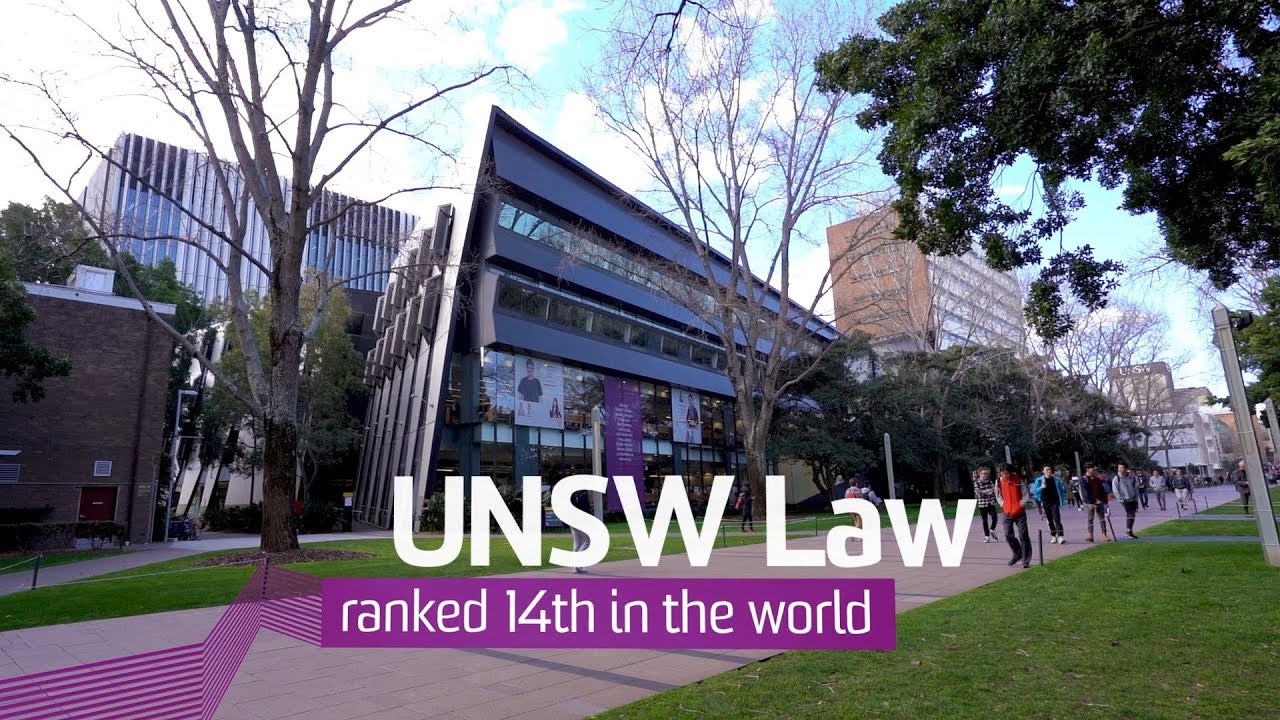Law at UNSW: Recognised, Rigorous, Future-friendly
Dr. Christine Forster, author & law professor at the University of New South Wales (UNSW), QS-ranked 14th in world by subject, shares what makes Australia attractive to Indian students to study law: degrees are recognised; and on offer are placement support services & attractive work visas, combined with a vibrant, student-friendly city life
Situated in multicultural Sydney with its stunning beaches and iconic harbor bridge, the Law Faculty at UNSW Sydney provides a unique opportunity for Indian students to gain a professional law degree such as the LLB or Juris Doctor or a Master of Laws which is available to both law or non-law graduates.
Studying law at UNSW offers many opportunities. We teach interactively in small classes enabling students to develop skills in debate, advocacy, critical thinking and analysis. We teach research and writing skills throughout all of our degrees producing job-ready literate graduates.
We offer career planning, placements in local firms and in our own community legal clinic and many internships in non-government organisations, social justice organisations, and law reform and public interest groups, and as student editors of law publications and journals.
Also on offer are overseas courses including in New York, Brazil and China and two overseas courses in India – a child rights clinic in Goa and a course on women and the law at the ILS Law College in Pune – both courses are very popular with Australian students. They come back loving India and everything Indian after enjoying the hospitality of the local Indian students and their families.
At the end of their degree Indian students can take advantage of a two-year work visa, and use their skills to gain valuable experience in the Australian workplace. They can bring those skills back to the Indian workplace or apply for a longer stay in Australia.
Both our LLB and JD degree are recognised by the Bar Council of India as a basis for seeking admission to the legal profession in India. To practise law in India, UNSW law graduates of Indian nationality are required to register and enrol with the State Bar Council for a provisional licence. They are also required to apply to, and pass, the All India Bar Examination. Upon passing, the State Bar Council will convert the provisional licence to a full (final) license, where they can then practise as an advocate in all Indian Courts under Section 30 of the Advocates Act 1961.
There are many similarities between the legal systems of India and Australia which make an Australian law degree accessible, yet engaging, for Indian students. Both are common-law systems derived from British law, using the same system of precedent, statutory interpretation, court hierarchies and constitutional supremacy.
Yet, there also exist interesting differences such as the use of public interest litigation, unique and ground breaking in India, but largely absent in Australia, the plural family law system operating across India contrasted with a singular family law system in Australia and the presence of a powerful Bill of Rights in the Indian Constitution, absent in the Australian Constitution.
The knowledge learnt in an Australian law degree can be easily translated, utilized and applied in the Indian context making it a valuable career advancing choice for Indian students.
Dr Christine Forster is a Senior Lecturer in the School of Law, Faculty of Law, UNSW and author of ‘Women’s Human Rights in India’, Routledge

